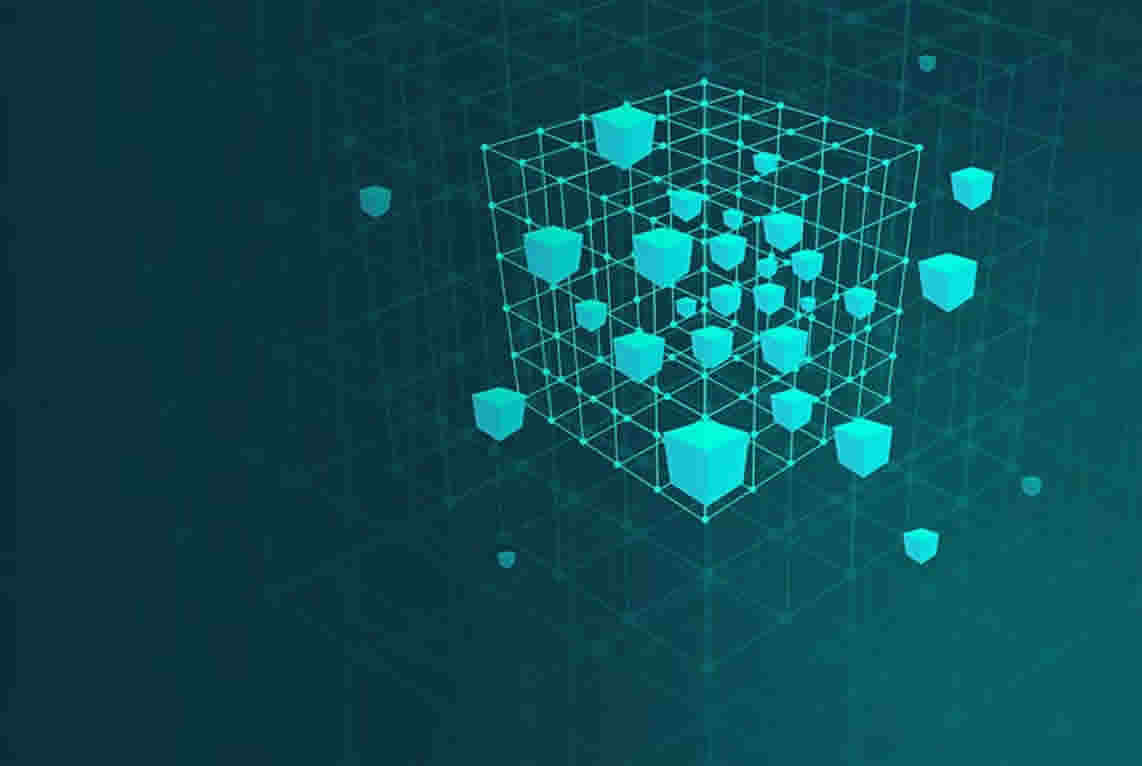A team of scientific researchers at a university in Sweden believe they have landed on a new form of random number generator (RNG) which could act as a cheaper, more sustainable option for data generation online.
The team from the Linköping University believe their discovery could lead the way to a new era of quantum communications.
What do RNGs do today?
RNGs are increasingly used online to improve the security of online account access, such as Google’s Authenticator tool. They are also a vital facet in the operation of an iGaming platform, with decentralized RNGs used to continually generate random results for virtual games like slots and table games. They’re also used to provide fair outcomes for next-generation crash titles like the Aviator casino game, where players must decide when to take the rising win multiplier before the virtual plane crashes.
There are different types of RNG which now exist, the most popular being pseudo-random RNGs that utilize a linear equation and modular calculation to generate a numbered sequence. However, there is a safer form of RNG that’s increasingly proliferating. Hardware RNGs lean on physical processes to generate truly random outcomes rather than leaning on the results of pre-programmed algorithms.
The type of hardware RNG which yields the most random results is underpinned by quantum phenomena, ushering in a new identity of quantum RNGs. The use of quantum RNGs is the best way to guarantee that a vast percentage of generated numbers and data is private and wholly secure. According to Guilherme B Xavier, a researcher at Linköping University’s Department of Electrical Engineering, the use of quantum phenomena should make it “impossible to eavesdrop” the data without the intended recipient “finding out”.
Xavier’s research group joined forces with the university’s Department of Physics, Chemistry, and Biology to devise the next generation of quantum RNG, capable for use with encryption, betting and even simulating outcomes or environments. The unique feature of this methodology is centered on the light emitting diodes created from perovskites, which is a diamond-esque material.
These perovskite light emitting diodes have the potential to be considerably cheaper than traditional lasers used for alternative quantum RNGs. The fact perovskite LEDs require much less energy to generate outcomes than traditional lasers also mean they could be a more sustainable option for all kinds of applications, including electronic goods and optical instruments, as well as digital platforms.
What’s the next move to take this innovation to market?
The key to ensuring perovskite LEDs are the future for quantum RNGs is developing lead-free perovskite and extending the lifespan of the material. At the time of writing, perovskite can last for no more than 22 days. However, providing all goes to plan, Xavier believes Linköping University could be the brains behind a brand-new quantum RNG that’s operational in the cybersecurity industry by the end of the decade.
The overall project for a more sustainable quantum RNG was fully funded through the Swedish Research Council, as well as the Knut and Alice Wallenberg Foundation and the European Research Council.

